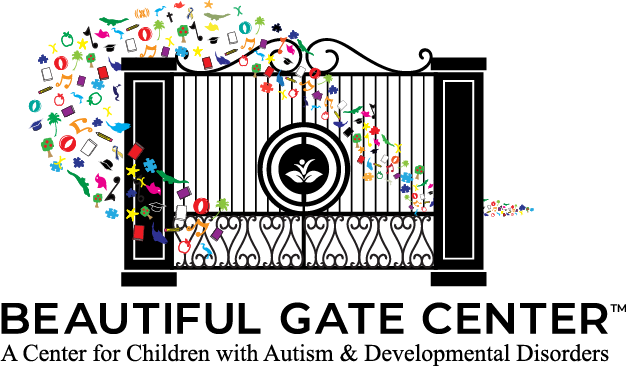ABA Therapy
Credentials
Who can Practice Applied Behavior Analysis?
Board Certified Behavior Analyst (BCBA or BCBA-D)
A BCBA is a person who has attained a Master’s degree or PhD in ABA, Special Education, Psychology or similar discipline, completed the post-graduate clinical supervision requirements, passed the National Board Exam and received certification offered by the Behavior Analyst Certification Board, Inc.. Professionals can practice as an independent Behavior Analyst and provide supervision for those pursing their certification.
Board Certified Assistant Behavior Analyst (BCaBA)
A BCaBA requires a Bachelor’s degree from an accredited university, completion of coursework aligned with behavioral analytic services, completion of the required clinical supervision hours, and pass the National Exam for BCaBA certification. A BCaBA is not permitted to act as an independent practitioner, but can provide supervision to a Registered Behavior Technician.
Registered Behavior Technician (RBT)
An RBT is a person who has met the educational requirements to practice ABA under the close supervision of a BCBA or BCaBA. The RBT is primarily responsible for implementation of behavior analytic procedures as designed by the BCBA or BCaBA. The RBT is not permitted to provide ABA services as an independent practitioner, conduct assessments or design interventions.
If a person states they are an ABA therapist, they should possess one of the three designations stated above. If a person does not possess a current credential with the BACB then they cannot claim to. ABA Therapist credentials and license status may be verified on the BACB website.
Questions or Concerns You May Have
Applied Behavior Analysis, or ABA, is the study of science of behavior. ABA therapy practices involve systematically applying interventions based upon the principles of learning theory to improve socially significant behaviors of an individual to improve their quality of life.
ABA focuses on the individual needs of the child or adult and changes their behavior in a meaningful way using specialized procedures that are supported by empirical research and literature. ABA procedures are carefully measured using specific data collection systems. Data is analyzed to ensure progress across all domains.
ABA may be practiced with diverse populations of people including those with developmental disabilities and all levels of Autism Spectrum Disorder.
ABA may also be practiced across many different types of environments including special education classrooms, therapy clinics, day treatment programs or center-based activity centers, and general education classrooms. Universities, camps, and corporations also utilize ABA procedures to reinforce socially significant behaviors.
ABA is not a “one size fits all” regimen or practice. The principles and practices of ABA procedures, teaching strategies, curriculum, reinforcement schedules and stimuli are all unique to each child.
The specialized and individualized strategies ensure that your child is learning the best possible way they can. The behavior and developmental skills of your child allows us to shape an approach to best suit their particular needs and learning styles.
ABA has over 40 years of empirically validated research and extensive literature to support its effectiveness in changing behavior in individuals with Developmental Disabilities and Autism. Through data collection and analysis, procedures are modified to ensure progress across individualized objectives.
Assessment tools are essential for collecting necessary information about an individual’s skill level and behavioral repertoire. Initial assessments allow a BCBA to determine what pre–requisite skills the individual will need to acquire developmentally, while subsequent assessments show the progressions of those skills across time. As each assessment utilizes a specific scoring procedure, the BCBA or BCaBA can choose to implement more than one assessment tool to provide a thorough evaluation of an individual. Assessments which are frequently used and know within the field of ABA include:
- VB–MAPP: Verbal Behavior Milestones Assessment and Placement Program
- ABLLS: Assessment of Basic Language and Learning Skills
- AFLS: Assessment of Functional Living Skills
